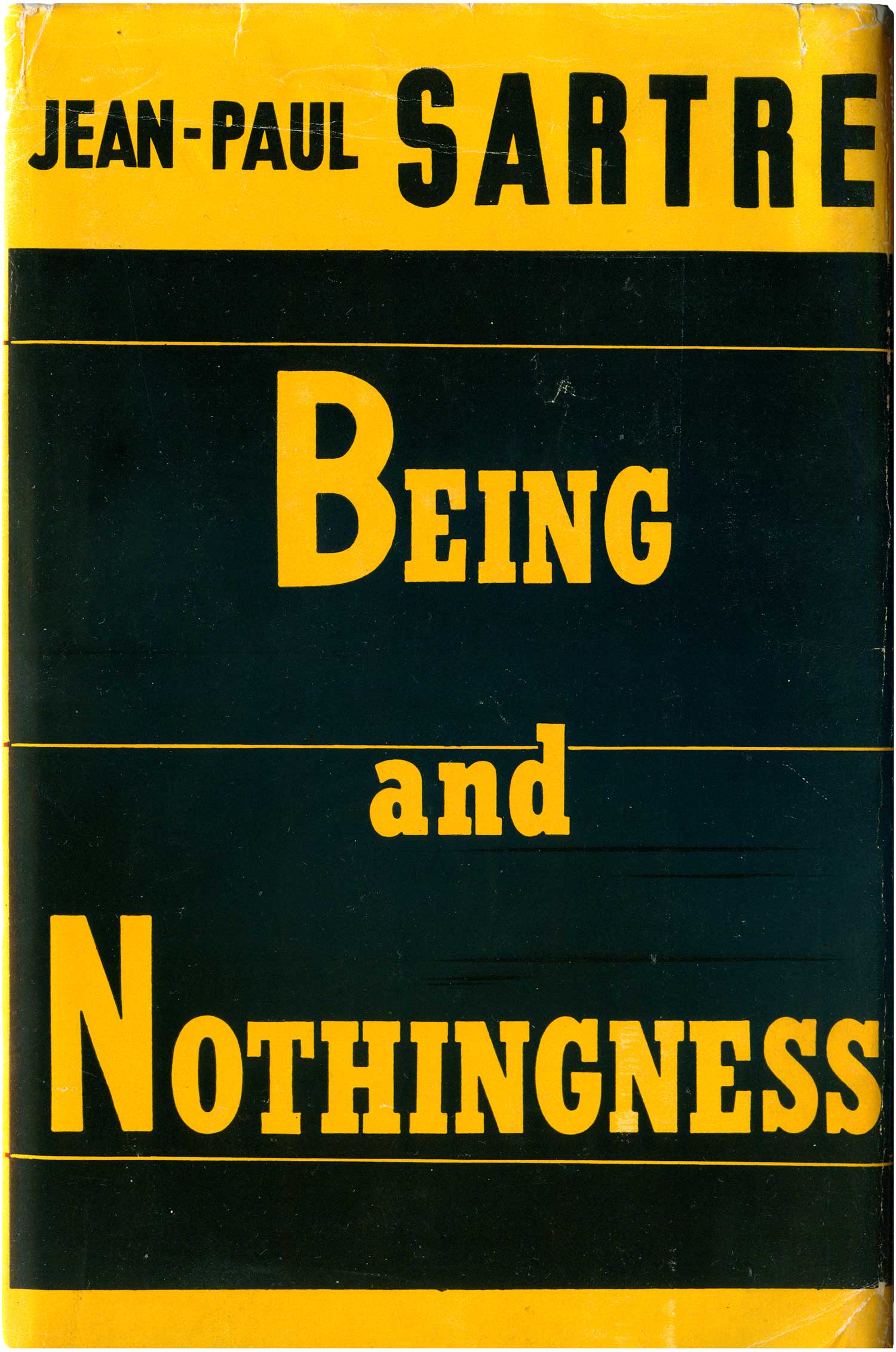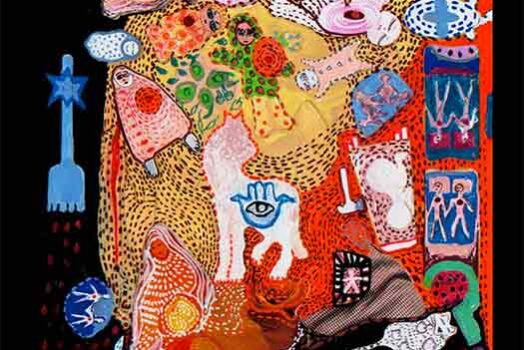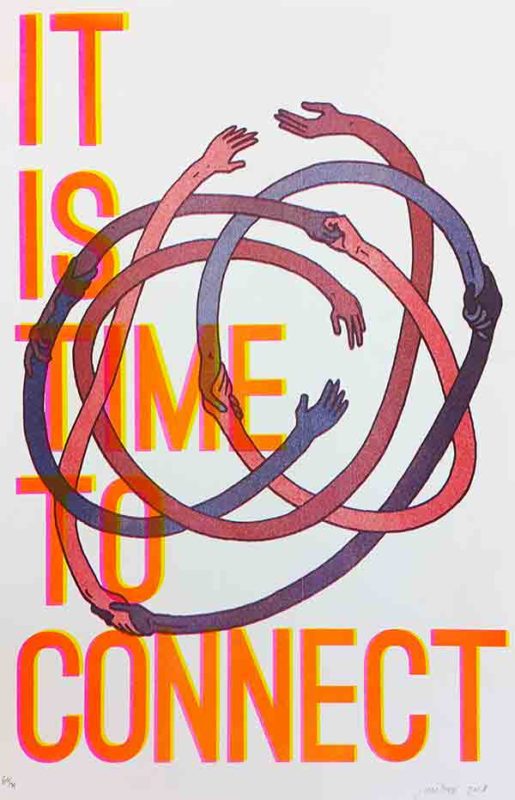While working a shift at Book Thug Nation a couple years back, I stumbled across a couple really nicely designed hardbacks of Sartre’s philosophy. They’re interesting because they simultaneously have both a joyful naivete at the same time as a strong design sense, in some ways similar to the covers of the early Dover Books (see previous posts 147, 179, and 180). A mash-up of basic serif and sans serif letterpress type with basic designs made out of lines, these covers are compelling and eye catching while also simple and unassuming. There is a quality that seems almost printerly, as if maybe they were printed and designed by the same set of hands and eyes.
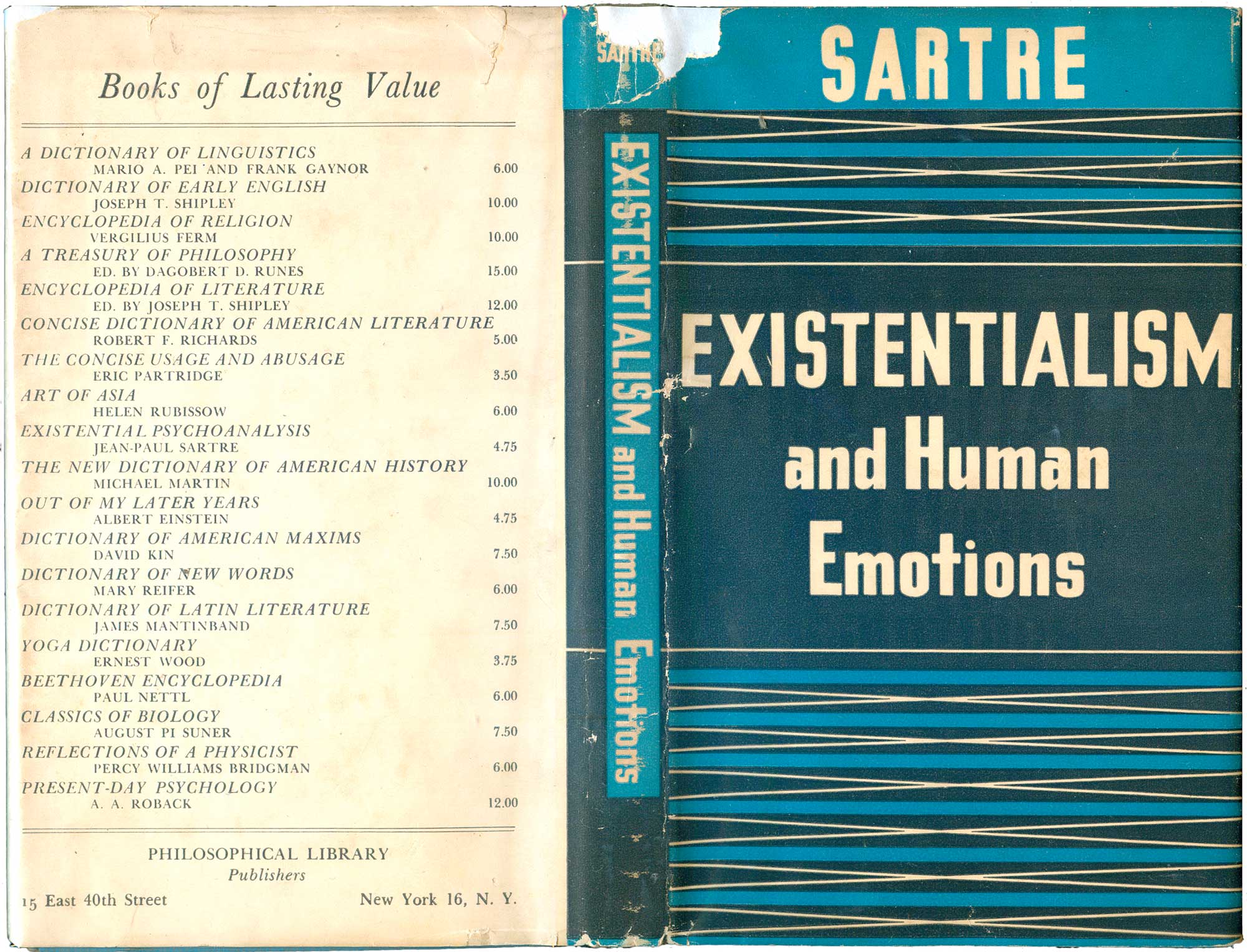
The printer/designer hypothesis also makes sense when you see how multiple editions of the same book were printed with small variations on the covers (while the insides stayed identical, down to the copyright year). For instance, I’ve found three different hardback editions of Existentialism and Human Emotions, each featuring a color variation on the same pattern of bars and crossed lines. No designer is attributed on any of the books I have, nor is a publisher.
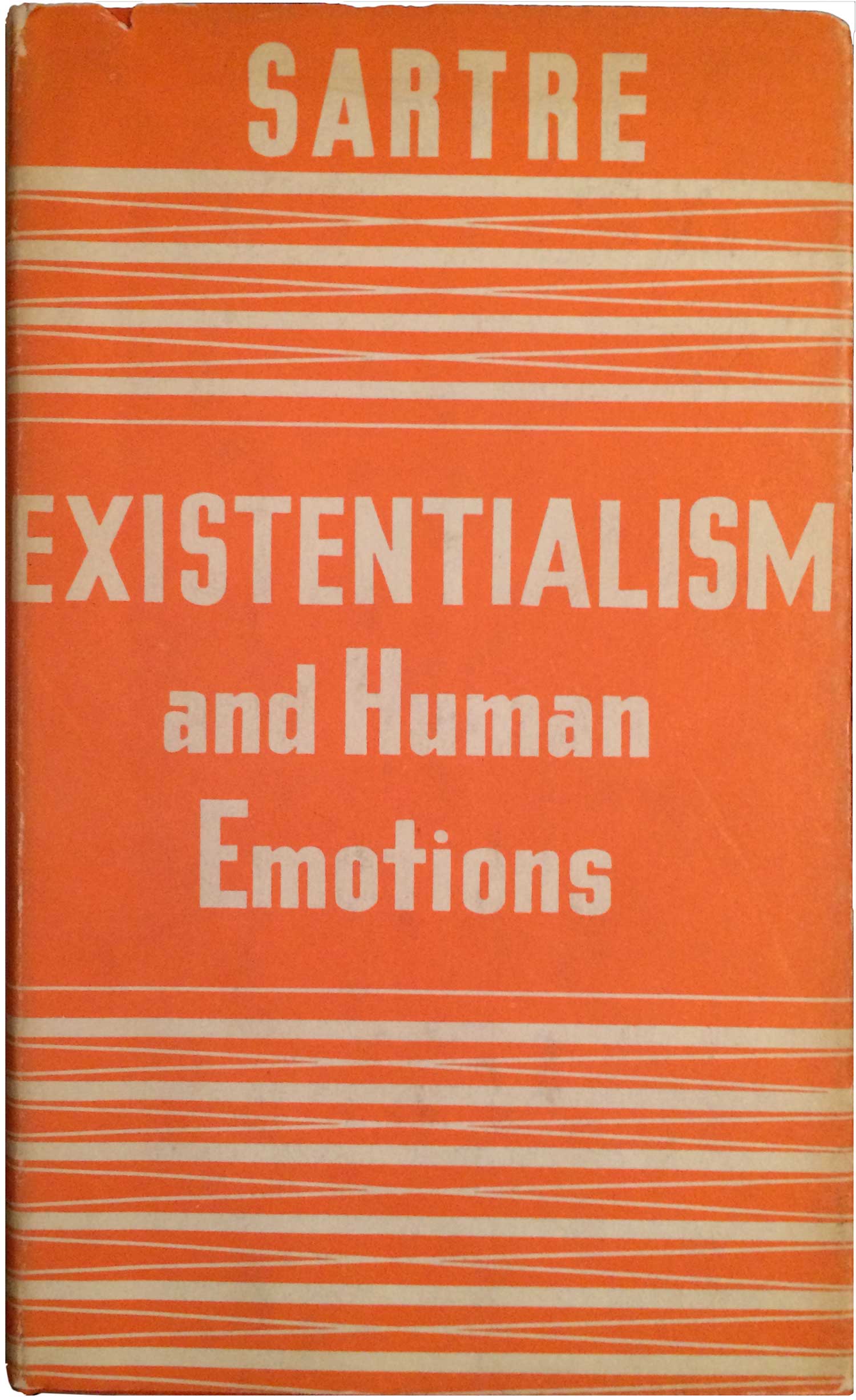
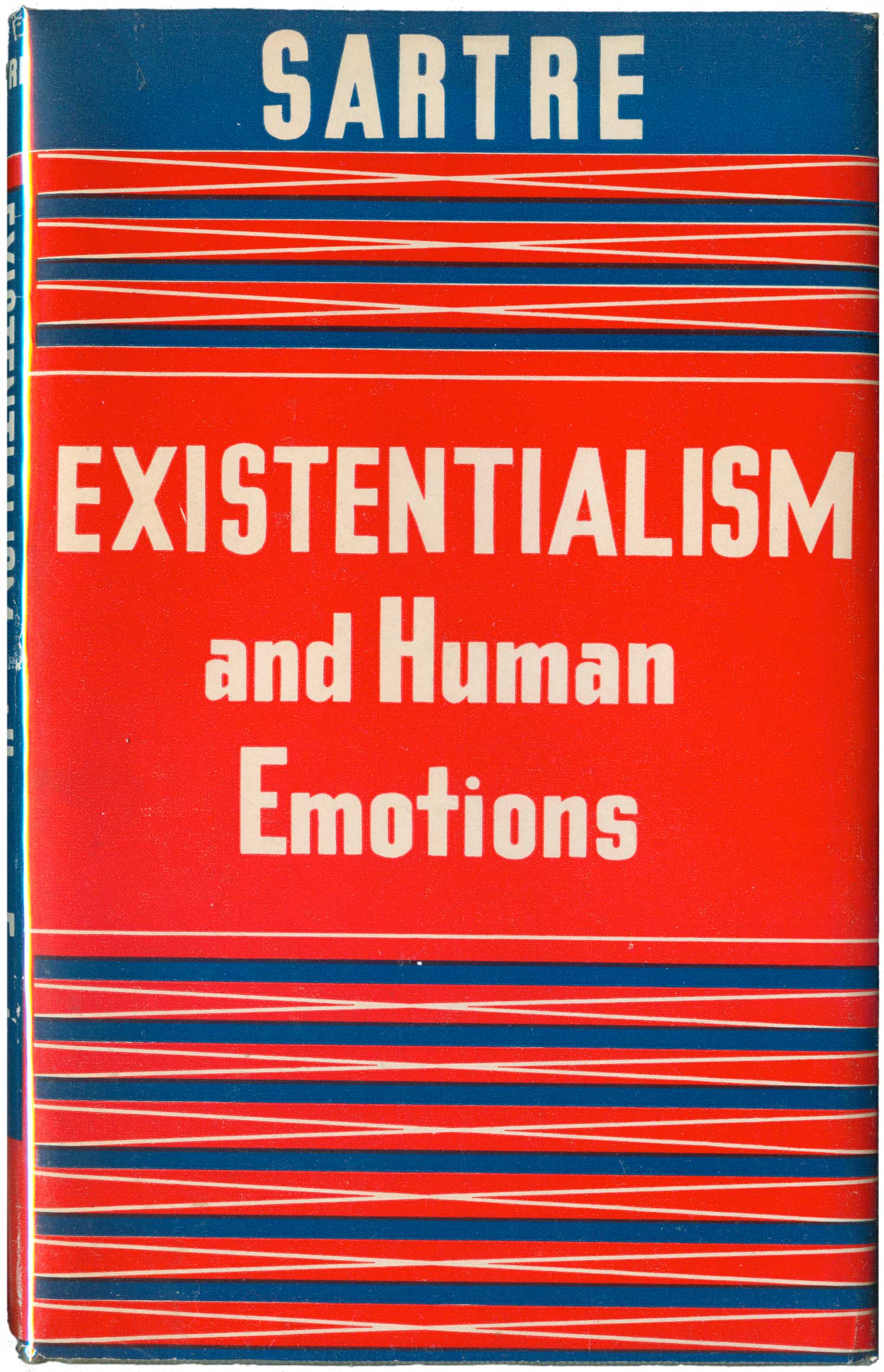
Now for what little background I’ve found on the Wisdom Library. Actually, I’ve found nothing on the Wisdom Library, but some basic info on its parent company, The Philosophical Library. The Philosophical Library was founded in 1941 in New York in order to make European intellectual texts available to people within the U.S. Founder Dagobert D. Runes was a Autrio-Hungarian polyglot, who could speak or read almost a dozen languages. He was also a colleague of Albert Einsteins, and saw science, philosophy, and psychology as part of a continuum of a spiritual life. The press published Einstein, Sartre, Russell, de Beauvior, Schwietzer, and Gibran.
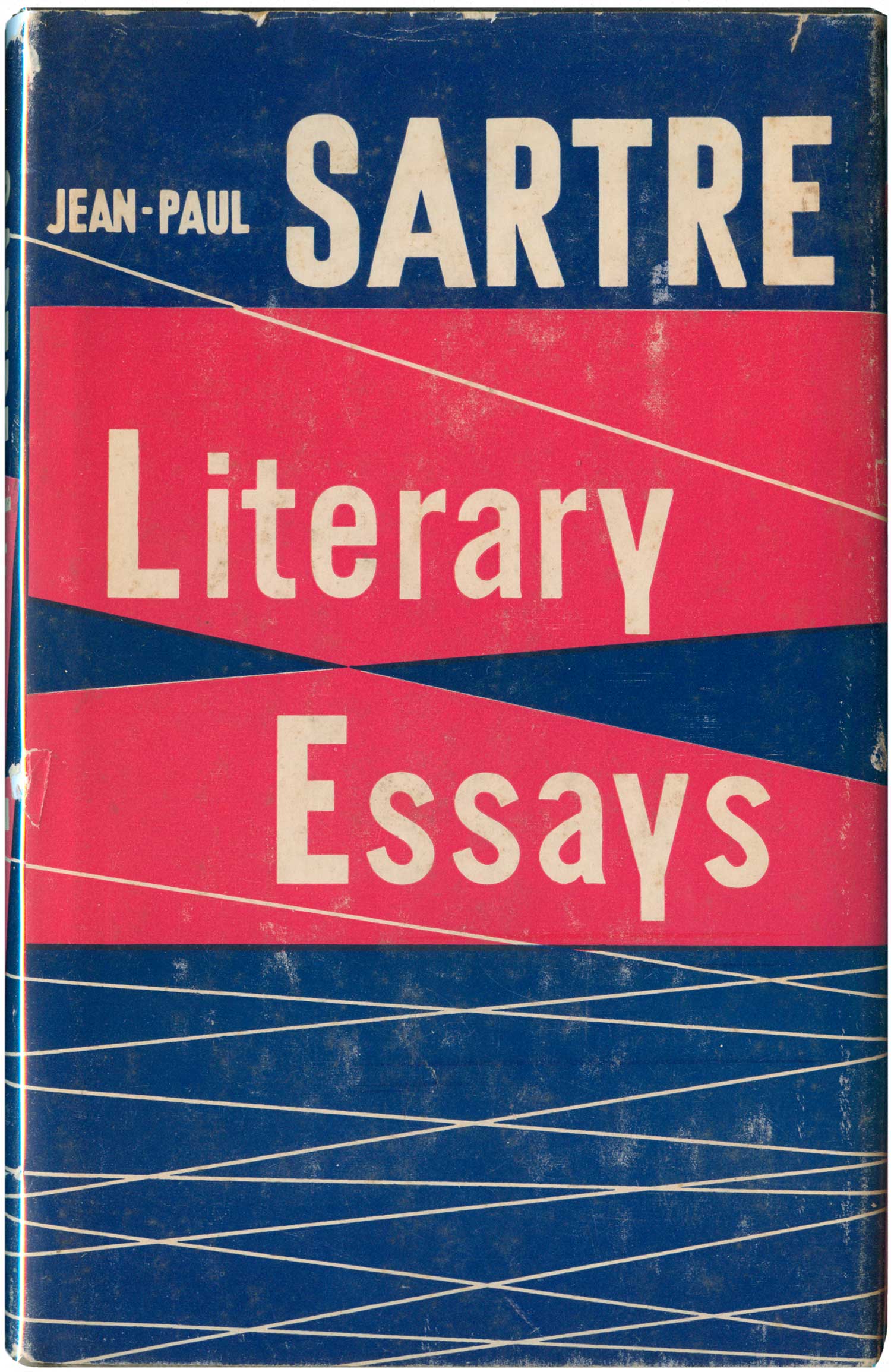
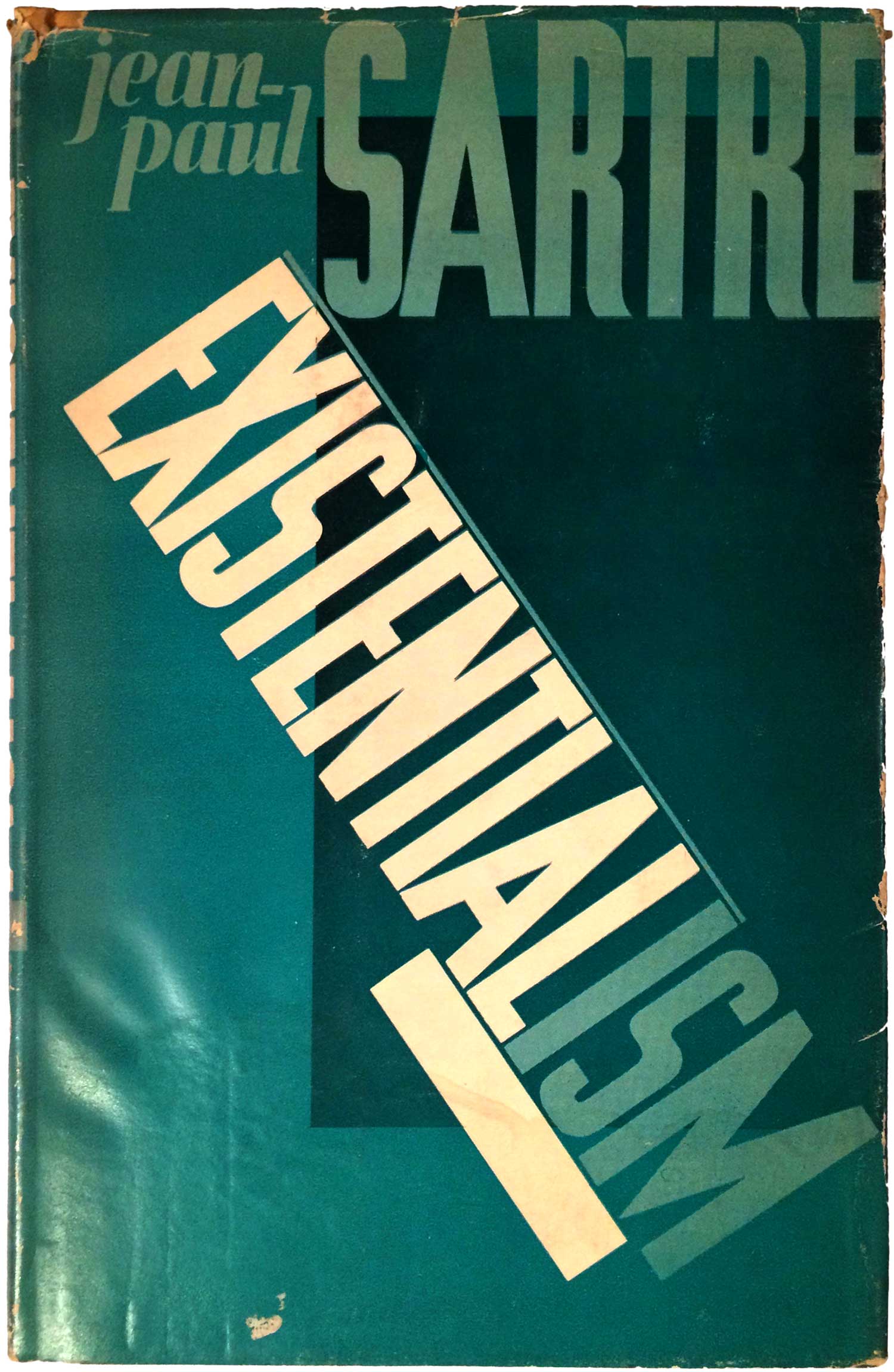
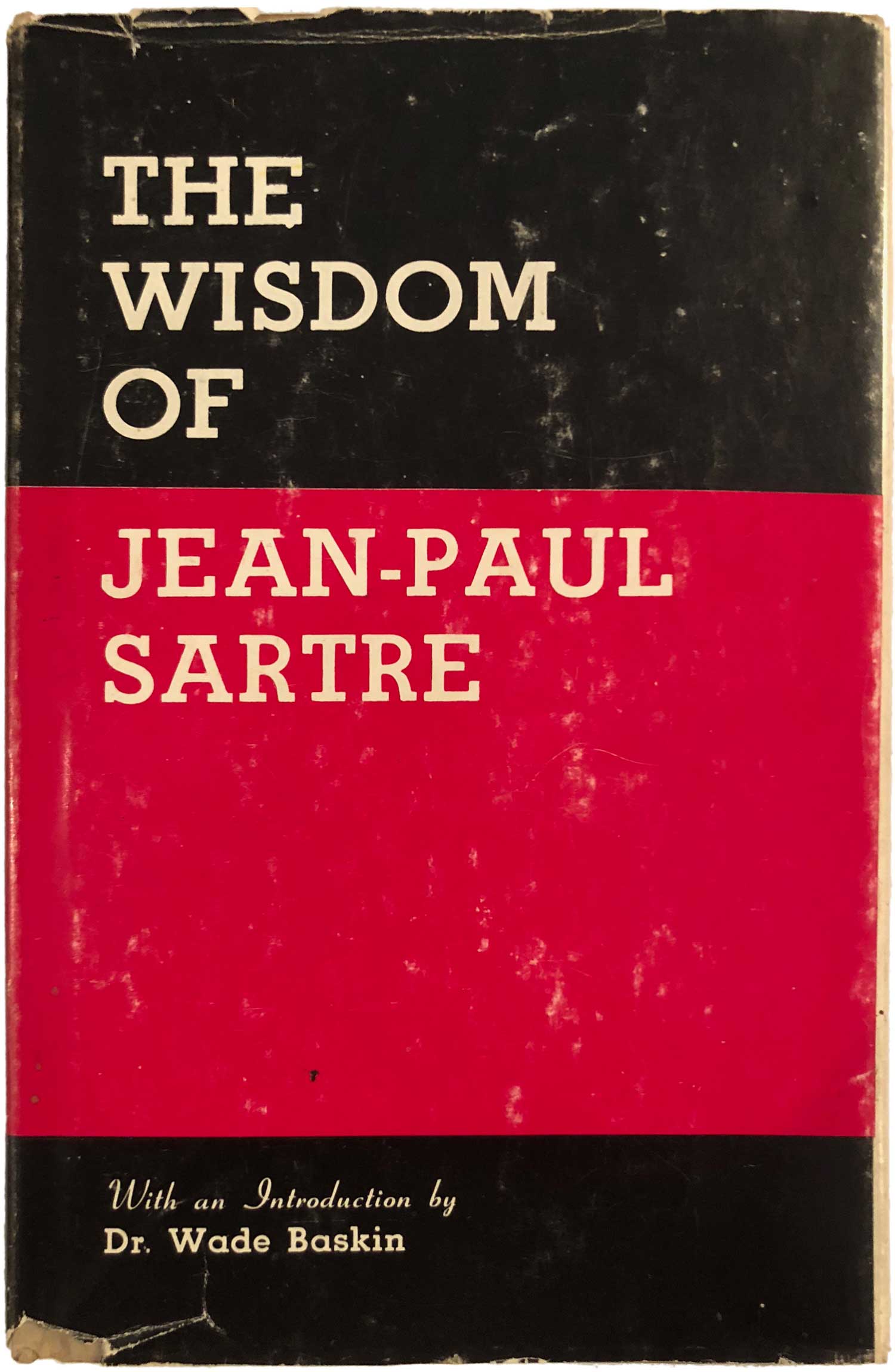
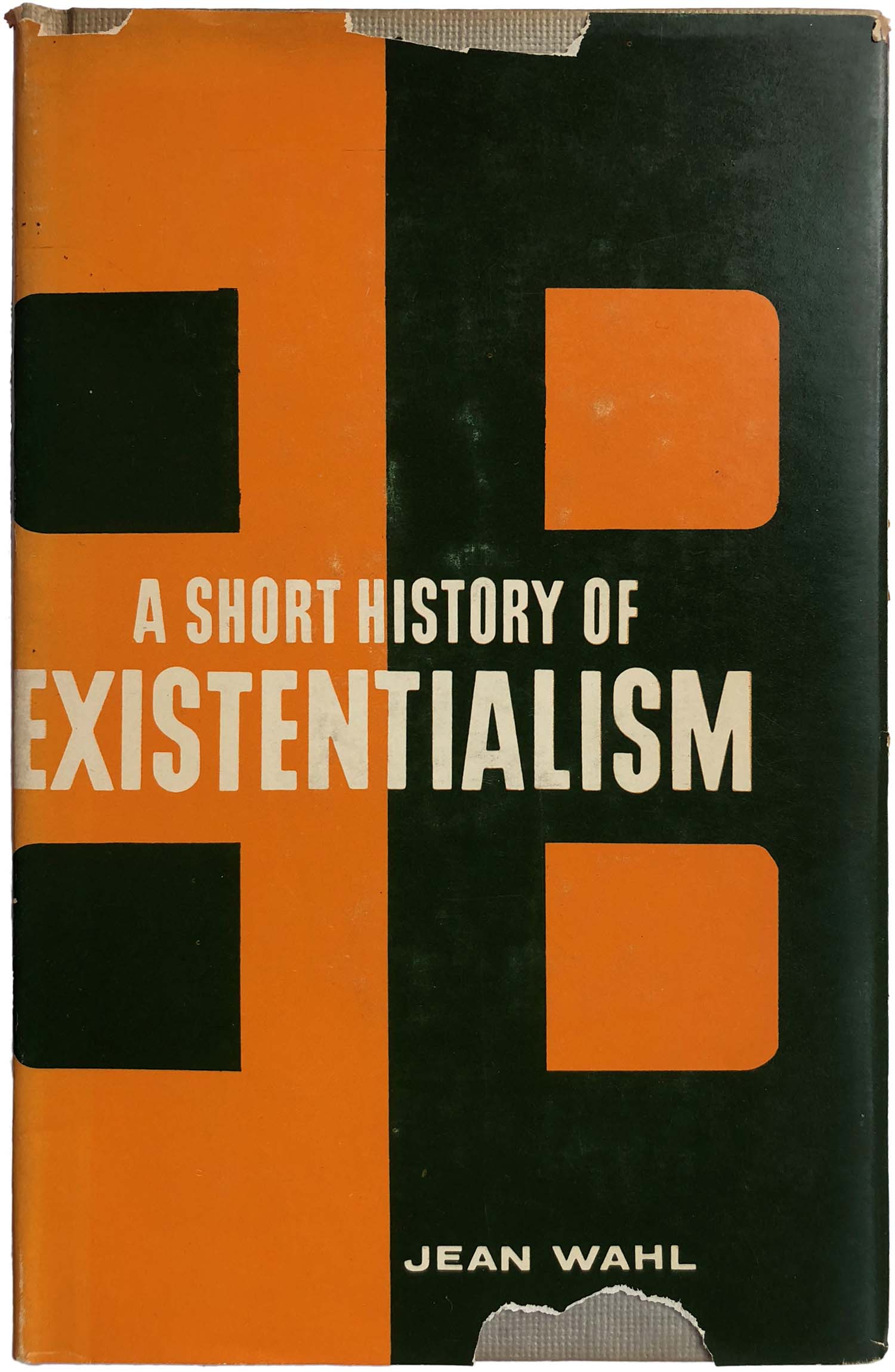
One might think the “Wisdom” name might be a paperback imprint, or a wing specializing in one of the fields the Philosophical Library published, but not as far as I can tell. All the books here were published under the Wisdom imprint, and range from paperback to hardback, and from philosophy to hard science.
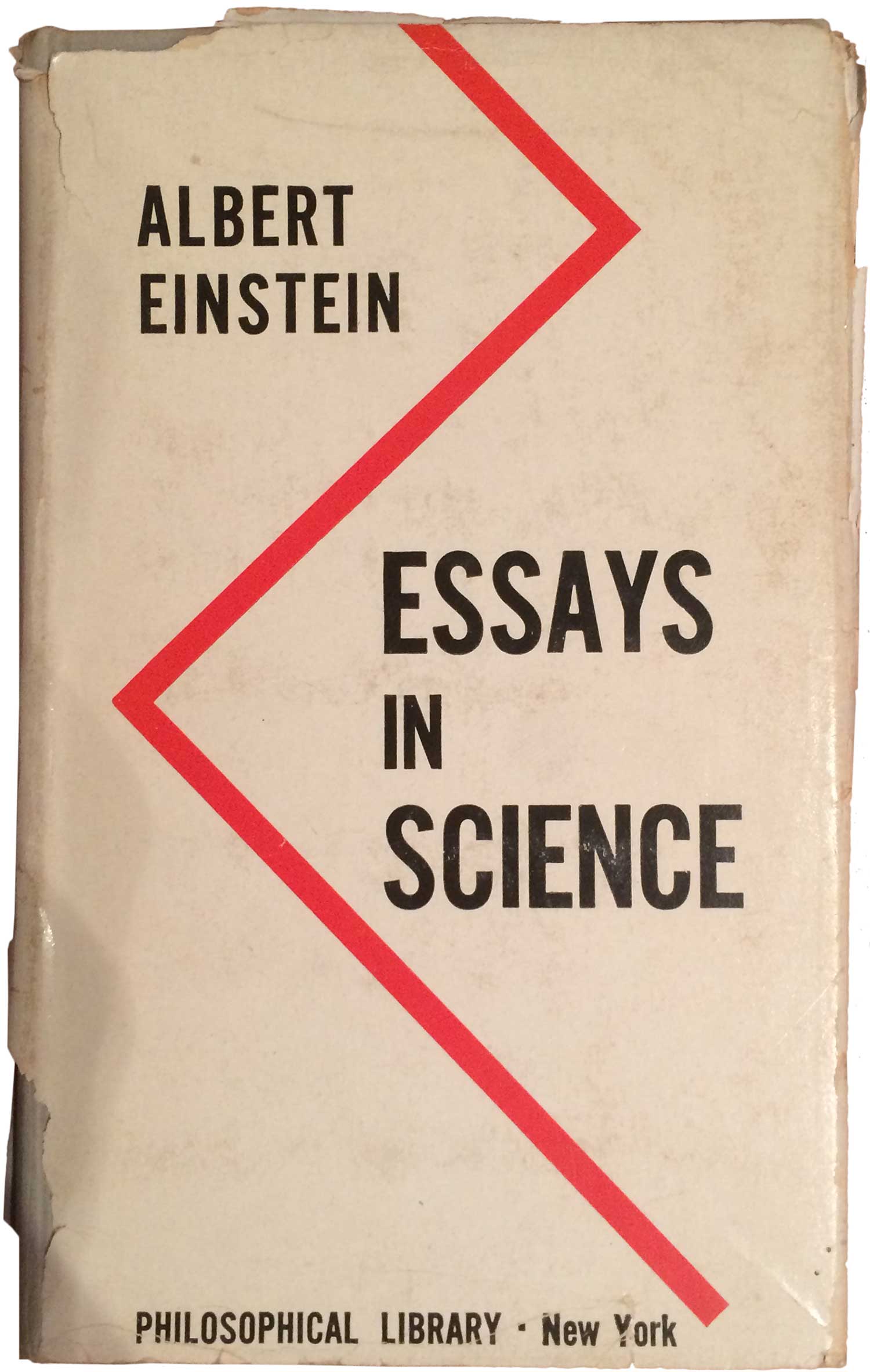
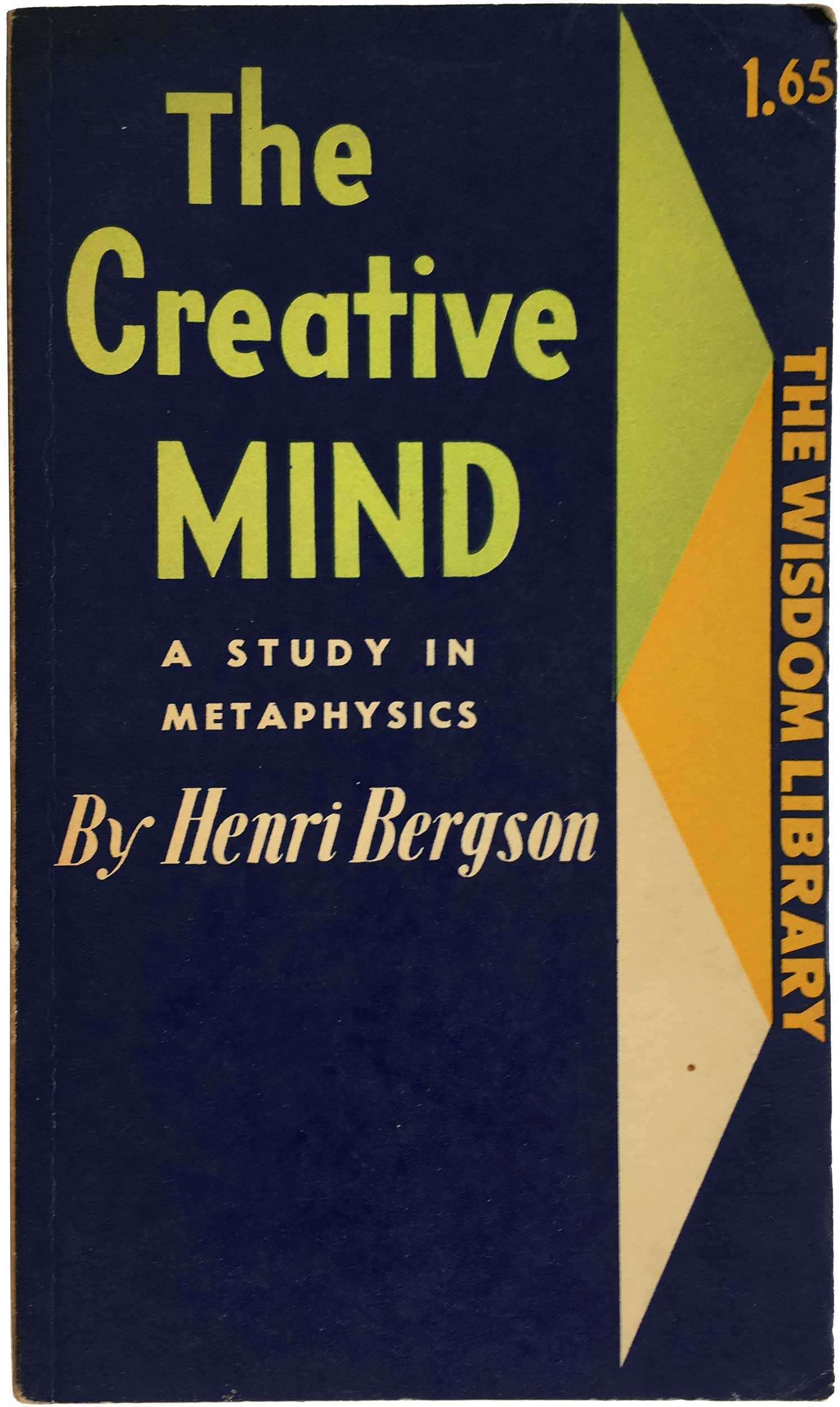
The paperback designs are more diverse than the hardback dustjackets. They are more pictoral, and seem less of a series, although they are still basic and strong. The Creative Mind (above) is the earliest paperback I’ve stumbled on (1946), and has what I suspect was a series design, with “The Wisdom Library” clearly marked on the cover with a series of triangles. The typography is similar to that on the hardbacks, and the cover is “struck” or printed on a letterpress.
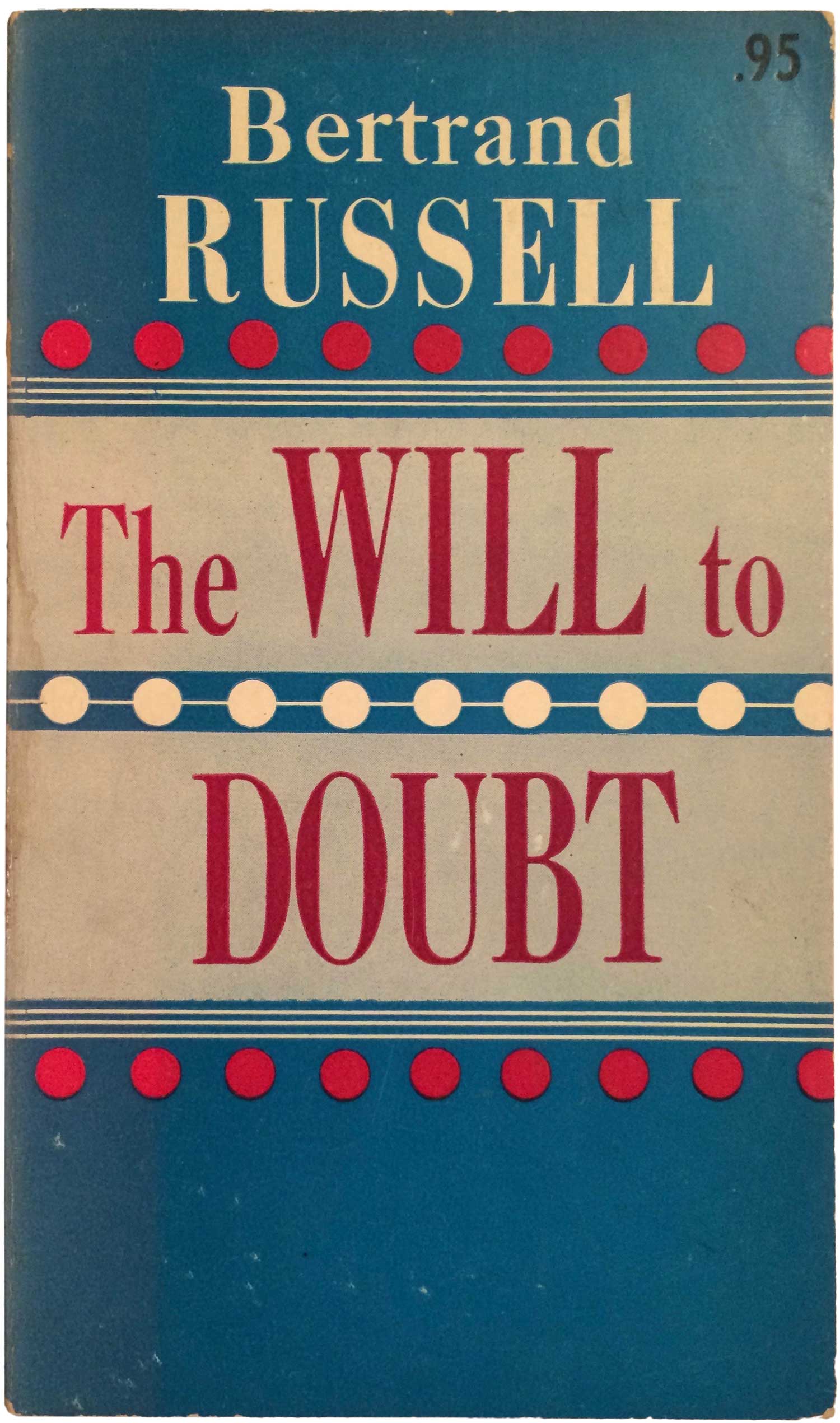
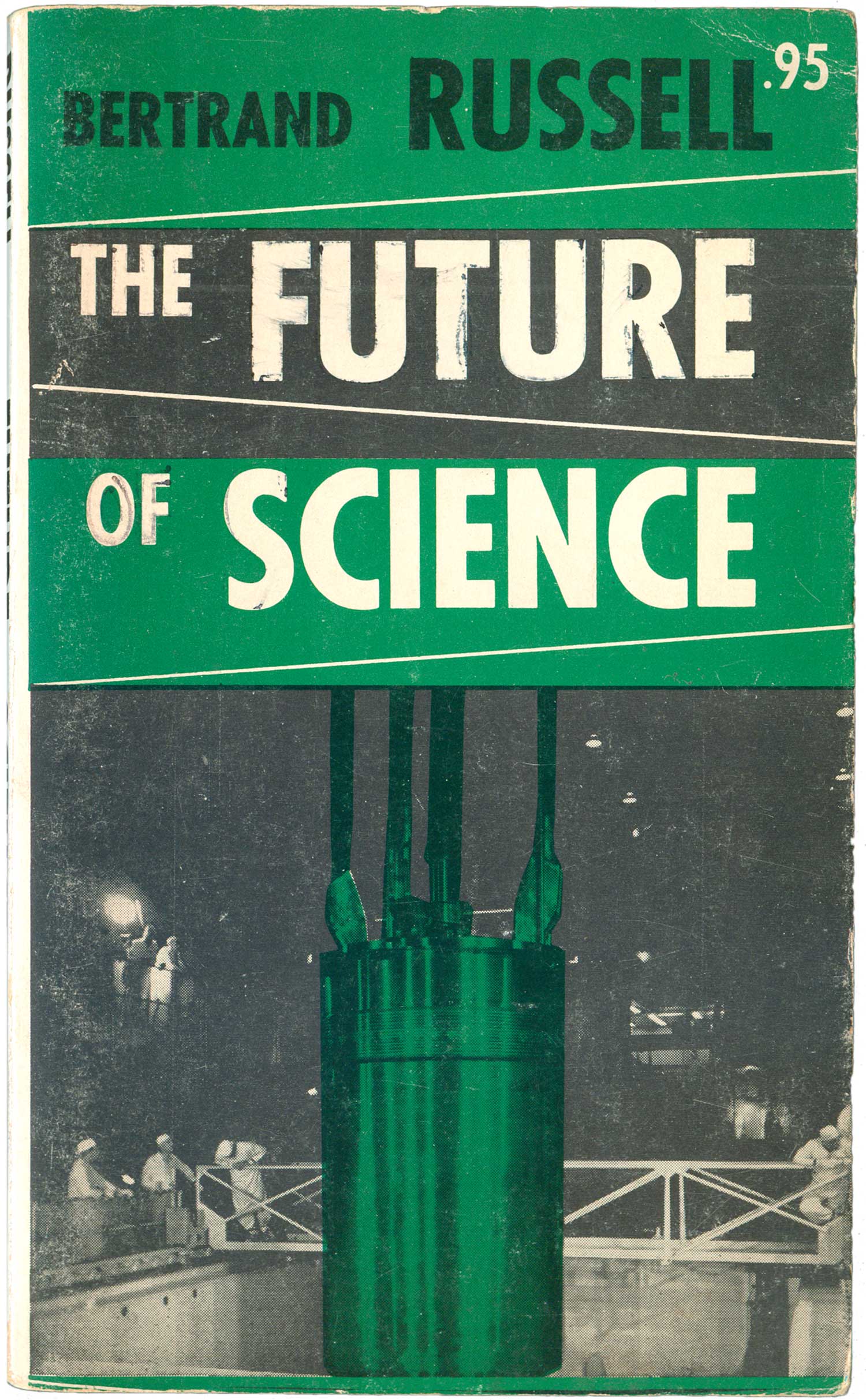
The later paperbacks have more traditional offset-printed covers that would generally fit in with the 1960s fare of Doubleday Anchor. The Future of Science has some nice echoes of the white lines present in the Sartre’ covers above, but with the addition of the industrial photograph with garish green overprinting. And the Human Heredity cover is also sharp, with simple circles and lines composed into a really nice design. You might not see it at first because of the diversity of color, but all the cover (excepting The Creative Mind) are duotone printed, which implies the publisher was trying to keep these as cheap as possible—at the time spot color printing was much cheaper than four-color process, or full-color.
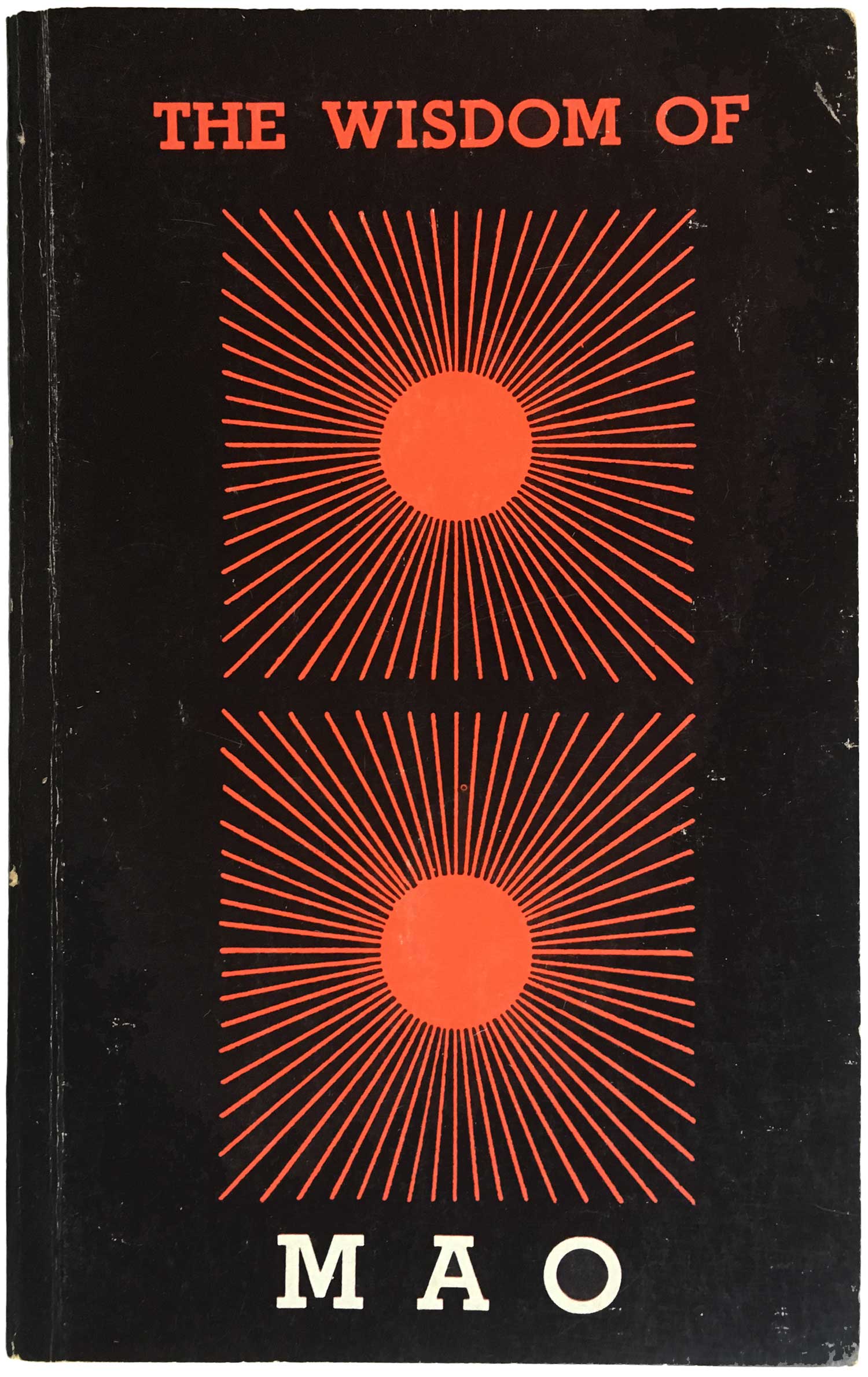
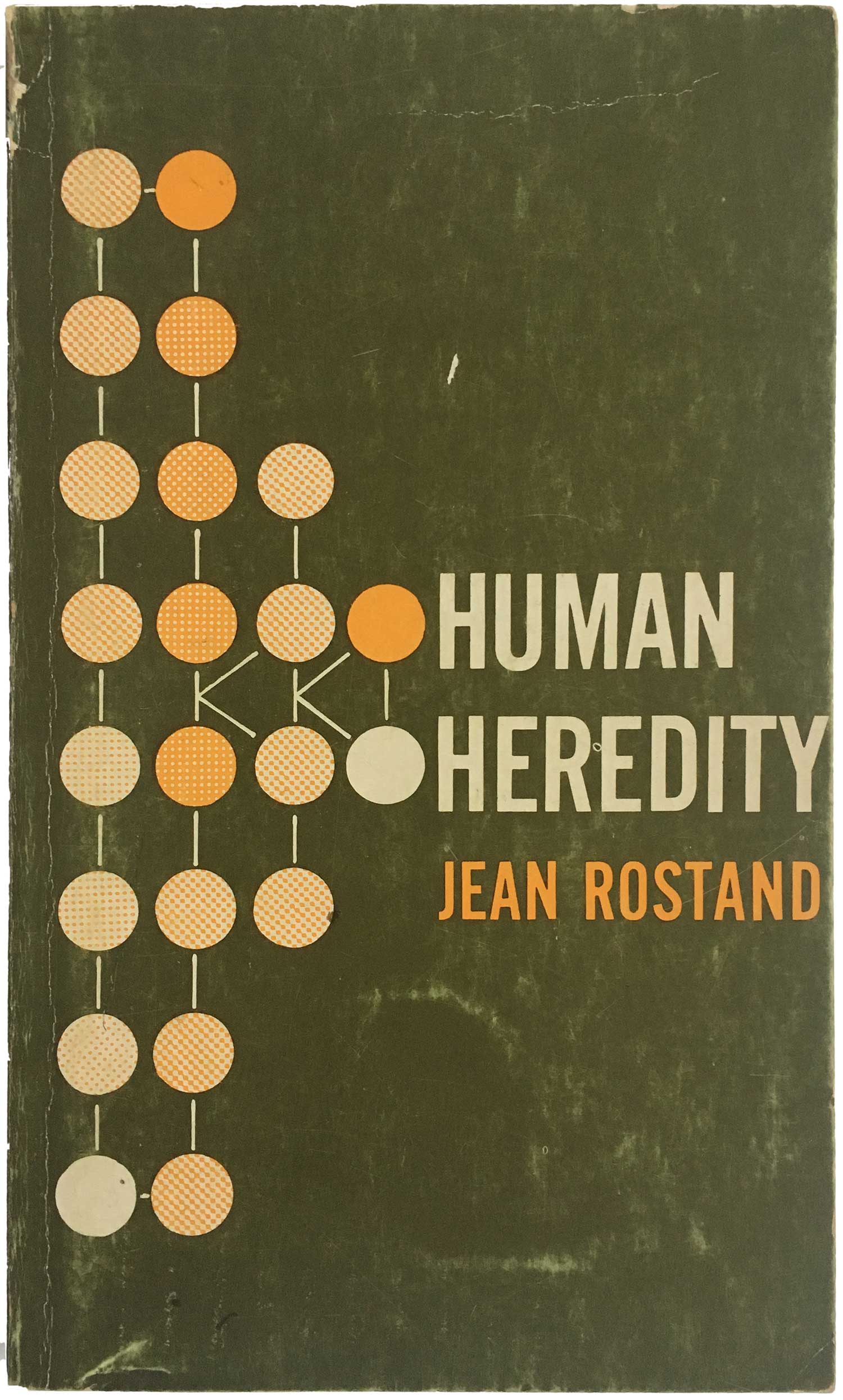
When I first started this blog series, I heavily focused on books with clear political content, and that is definitely still a focus. But as I’ve been collecting, and research, and writing, I’ve come to think more holistically about the intersection of politics and publishing, and sometimes presses like The Wisdom Library end up seeming more interesting than some explicit Left print project. From the 1940s through the 70s and into the 80s, there was a belief in the U.S. that not only could you, but you should, publish affordable, popular editions of the works of Nobel Prize-winning scientists and philosophers. These books weren’t simply aimed at intellectuals, but at working people, something quite difficult to imagine today.
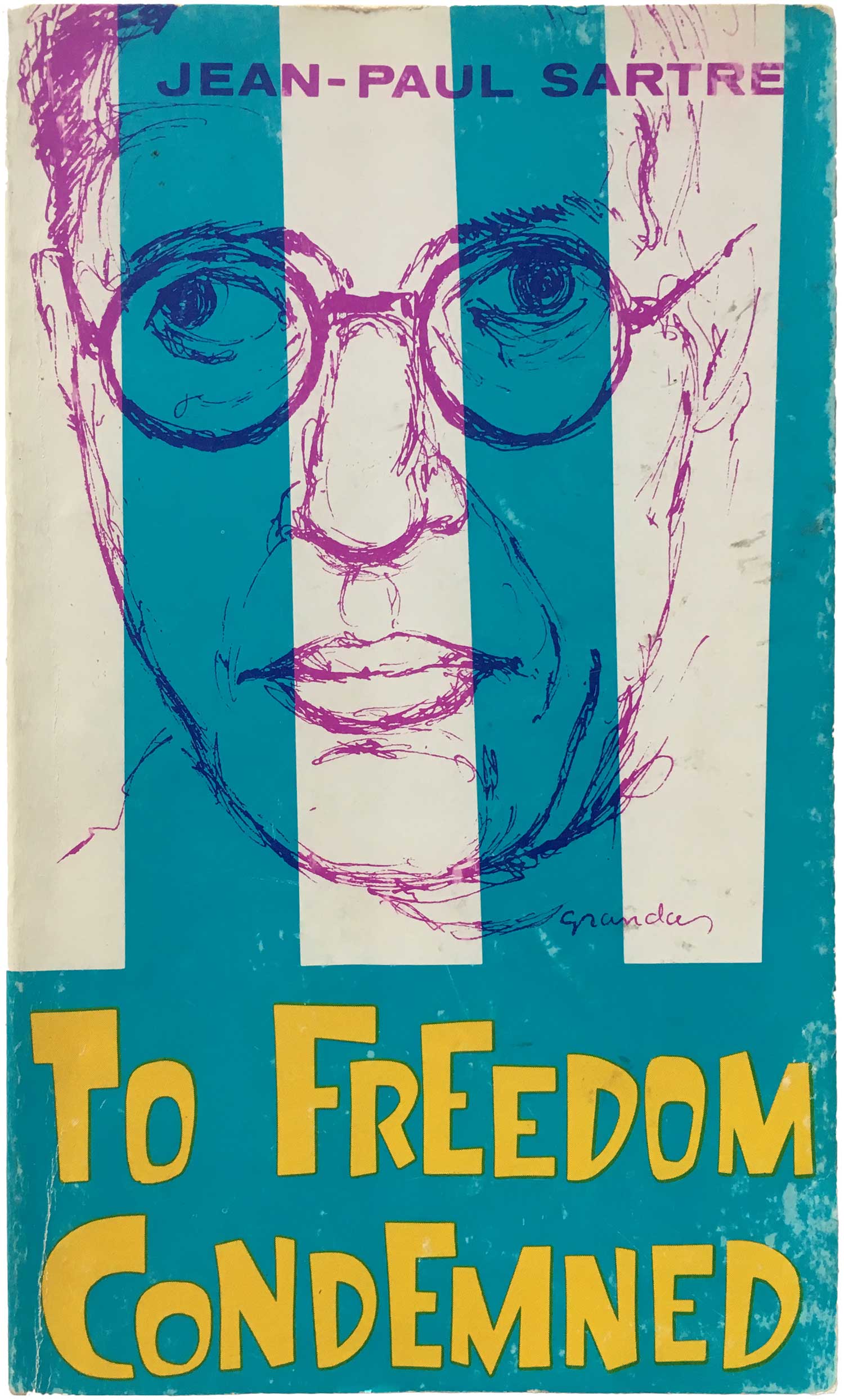
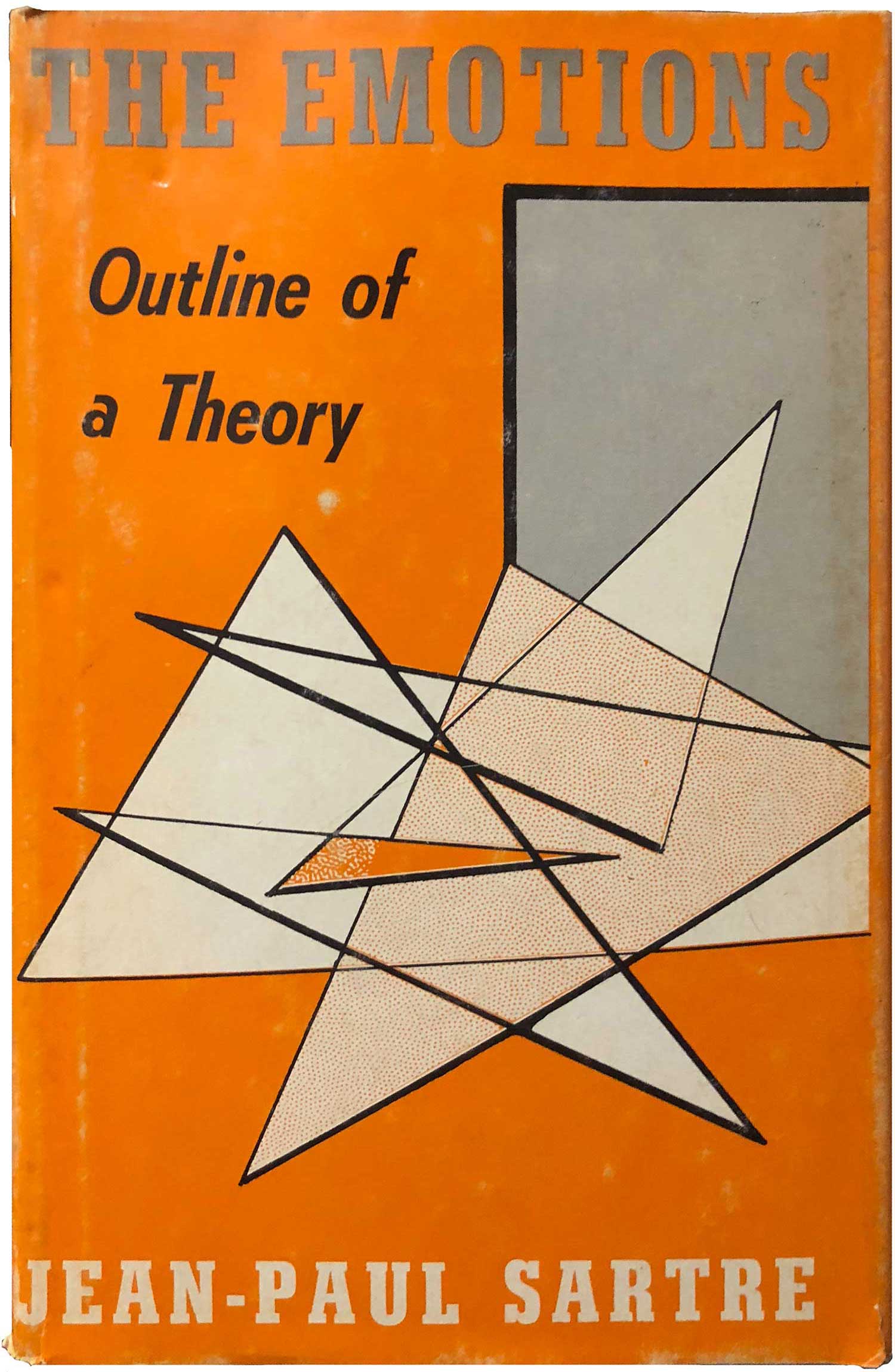
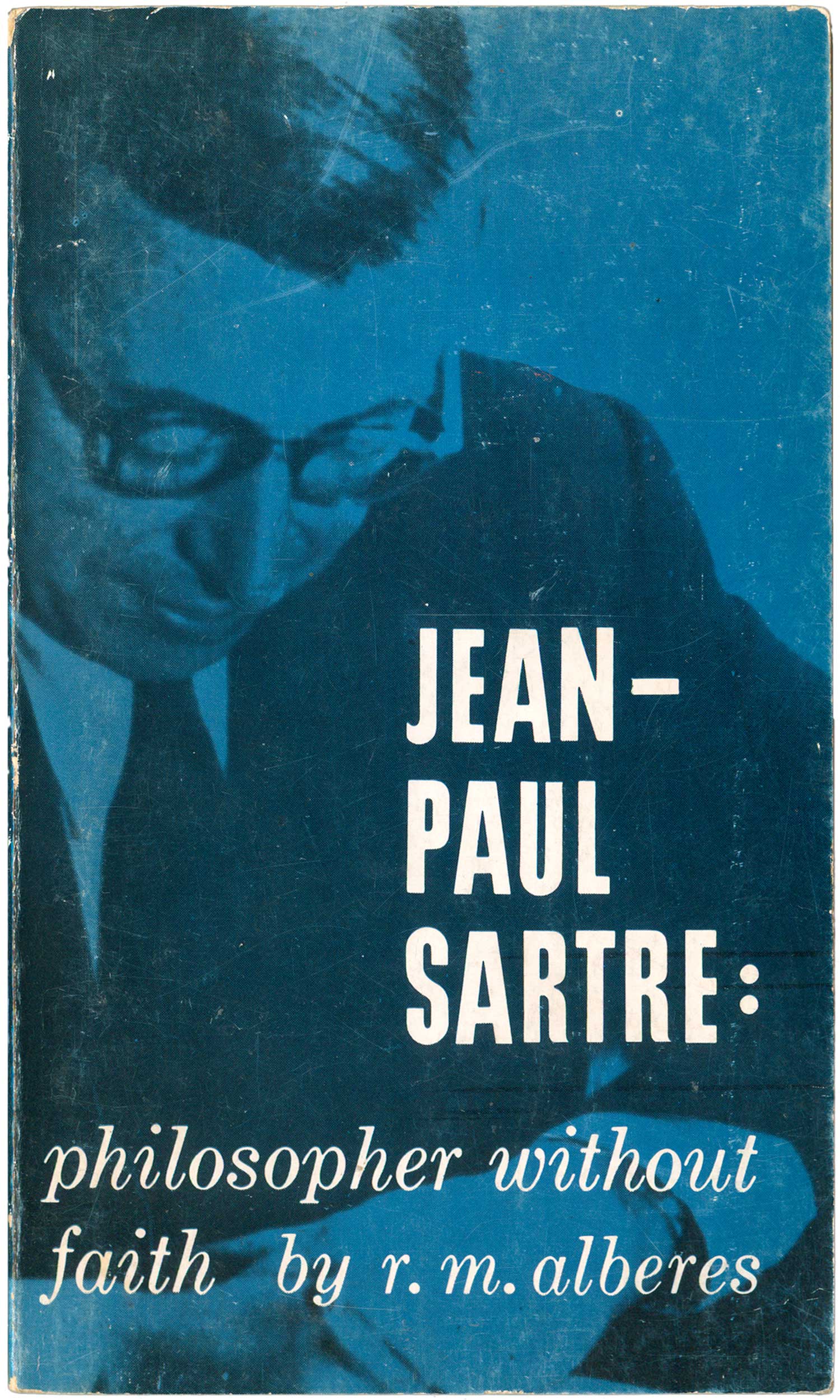

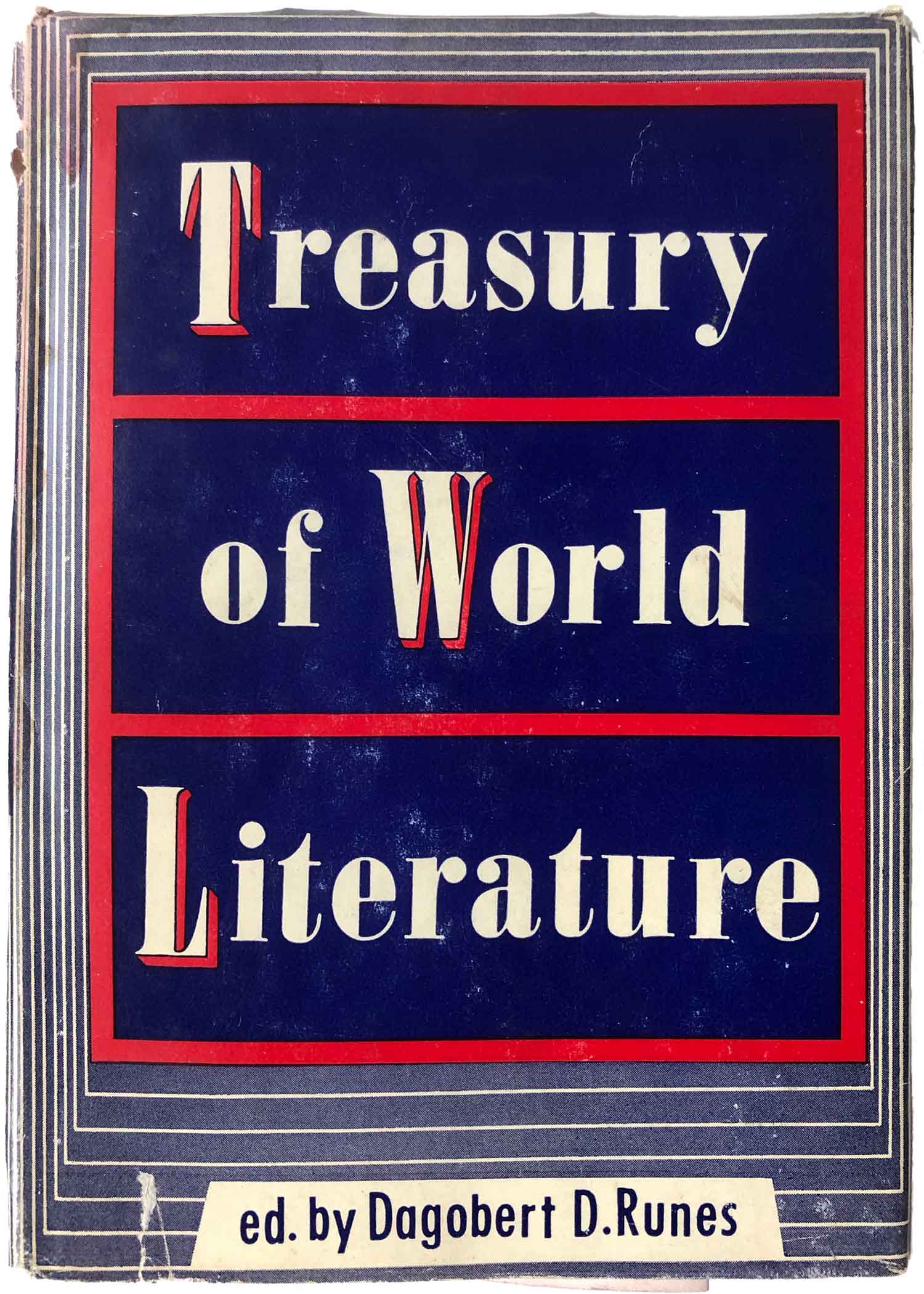
Bibliography:
[This post updated with additional material on 01/07/18, 4/30/18, and 6/21/18]
